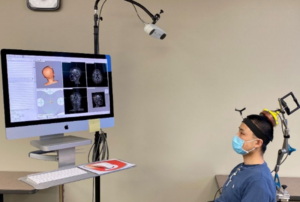Summary
The study aimed to investigate the potential selective impact of single-dose ertapenem prophylaxis on fecal colonization with carbapenem-resistant Enterobacteriaceae in patients undergoing transrectal ultrasound-guided prostate biopsy to address concerns regarding antimicrobial stewardship.
A total of 326 patients were included in the study. Rectal swabs were collected before administering pre-biopsy ertapenem prophylaxis, with a follow-up swab obtained 4 to 6 weeks later. These swabs were screened for carbapenem-resistant Enterobacteriaceae, extended-spectrum β-lactamase-producing, ciprofloxacin-resistant Enterobacteriaceae. Patients were monitored for post-biopsy sepsis. The results showed that at baseline, 6.4% and 9.0% of patients were colonized with extended-spectrum β-lactamase-producing and ciprofloxacin-resistant Enterobacteriaceae, respectively.
However, carbapenem-resistant Enterobacteriaceae were not detected in any patients at baseline or follow-up. Colonization with nonfermentative organisms with intrinsic ertapenem resistance was observed in 29.4% of patients at both baseline and follow-up. During the study, three cases (0.9%) of probable post-biopsy sepsis were identified, but none of these cases involved bloodstream infection or required intensive care unit admission. In conclusion, the study found that single-dose ertapenem prophylaxis did not appear to selectively impact fecal colonization with carbapenem-resistant Enterobacteriaceae or other ertapenem-resistant gram-negative organisms in the outpatient setting. It demonstrated that ertapenem is highly effective as prophylaxis for transrectal ultrasound-guided prostate biopsy, suggesting its potential utility in preventing post-biopsy sepsis in the right clinical context.











